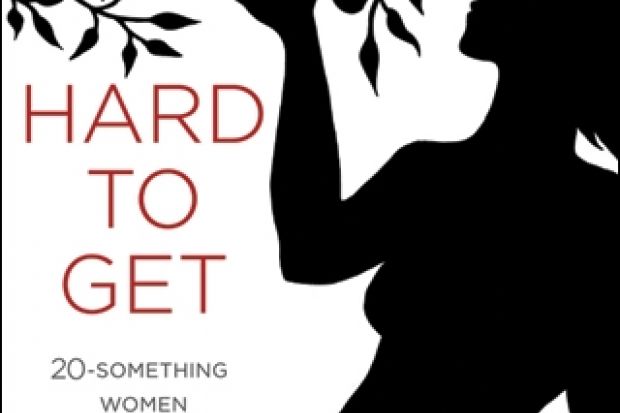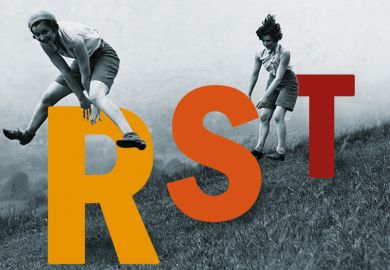Today’s young university-educated women appear to have very different sexual and emotional opportunities to those of women in previous eras. Leslie Bell is a sociologist and psychoanalyst with a therapy practice in Southern California, and this book is based on interviews with 20 college- educated women in their late twenties about their sexual lives during the previous decade. They struggle to cope with the considerable challenges of 10 years or so of casual sex or “hooking up”, and short-term relationships with men who are frequently exploitative. In consequence, those men who are kind and loving without being controlling stand out in the interviewees’ lives.
Bell constructs three archetypes from her data: the Sexual Woman, the Relational Woman and the Desiring Woman. She suggests that many of her interviewees split their social and psychological options into independence/strength/control versus relatedness/vulnerability/desire. Those she categorises as Sexual Women are comfortable with their sexual desires and committed to their careers but avoid relationships, whereas the Relational Women worry that asserting their sexual desires will overwhelm their male partners, or will be incompatible with stable relationships.
Many of the women struggle with religiously inspired ideas about shame and guilt. Well into their twenties, they are embarrassed about, or ignorant of, masturbation and have difficulties negotiating cultural expectations of sexual pleasure. Bell aimed to have her sample encompass Southern California’s ethnic and sexual diversity; apparently unintentionally, it also reflects the state’s religious diversity by including a Hindu, Catholics, Protestants and a Buddhist. It is not surprising that religious beliefs offer sexually active single women little positive support, as religion has long been the means by which society codifies and controls sexuality, especially that of women. Churches remain places where women are unlikely to find affirmation of independence and support in developing new forms of relatedness and intimacy.
The women that Bell believes are dealing best with the challenges created by sexual relations are those with LGBTQ experience, all of whom are non- religious. Nonethelesss, she emphasises that even the straight women she surveys have a clear vision of the ease that same-sex relations could offer. Accounts of heterosexual sexual activity reveal how power and beliefs about appropriate gendered behaviour shape every move these women make in bed.
Hard to Get reveals the incredible contradictions of US life - from the urban centres that include those living the newest and most challenging conceptions of sexuality, to the vast traditional hinterland bolstered by immigrant cultures. Contraception has altered the reproductive imperative for them all and the relatively slow changes that took place for women in the 1960s and 1970s are now constantly present contradictions in the lives of young women from deeply conservative cultures. Bell does not address this: her solution to women’s difficulties begins with the need for better parenting and goes on to arguments for the control of media representations of women, while she repeatedly emphasises the shortcomings of popular advice manuals.
It is impossible to disagree with Bell’s solutions. Arguably they exist apart from the apolitical, generalised world of psychotherapy, in which change within oneself is the actual solution on offer, although she does, for example, show how some parents have successfully supported their daughters. She emphasises that the problem is not conflict and hurt, which are inevitable parts of living, but rather that the way these young women interpret and learn from their experiences is crucial. This is ultimately an optimistic account, in which Bell’s Desiring Women have managed to express their sexual and emotional desires and are shaping new lives that encompass a range of opportunities.
Hard to Get: 20-Something Women and the Paradox of Sexual Freedom
By Leslie C. Bell
University of California Press, 4pp, £19.95
ISBN 9780520261495
Published 8 March 2013




